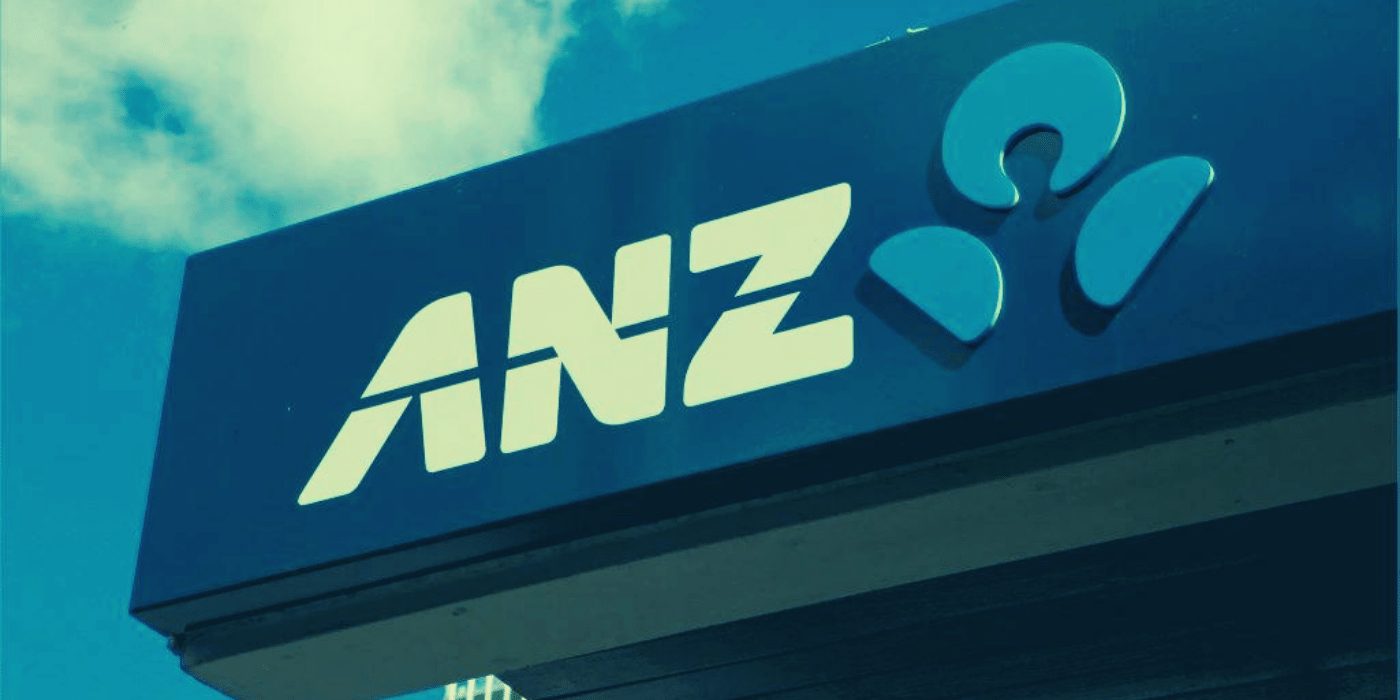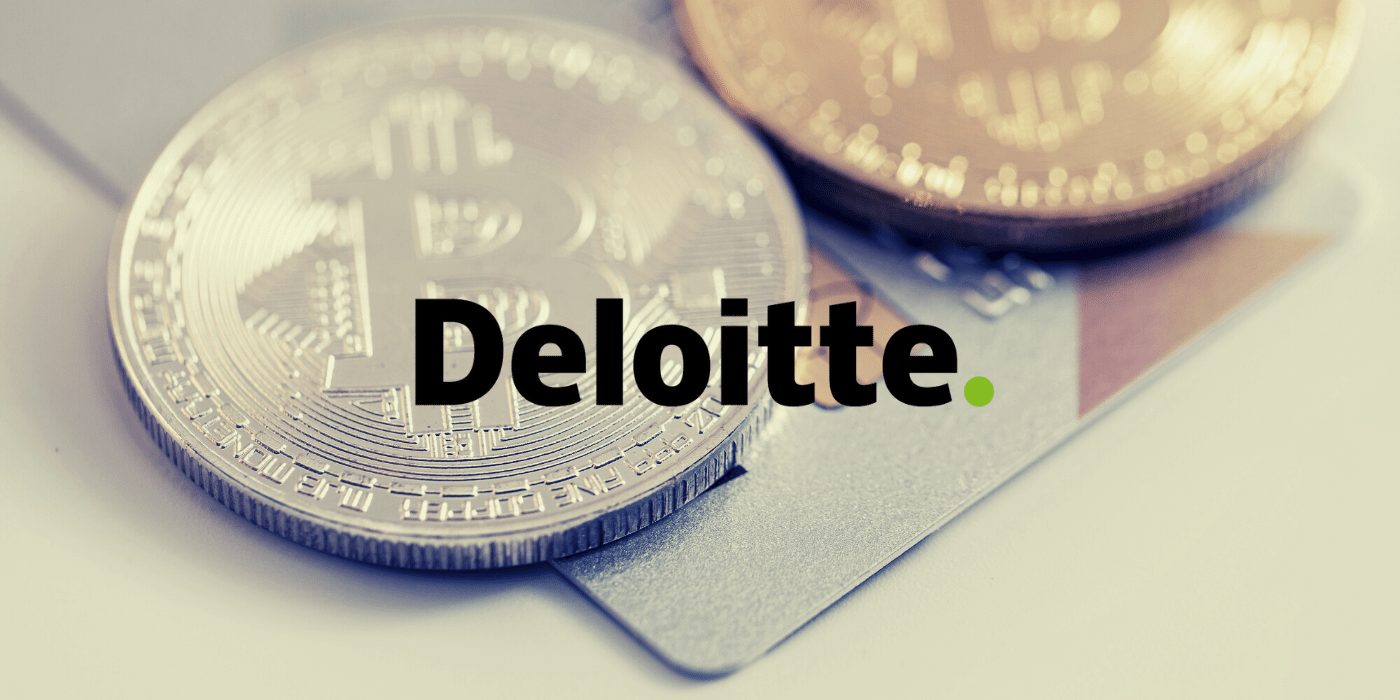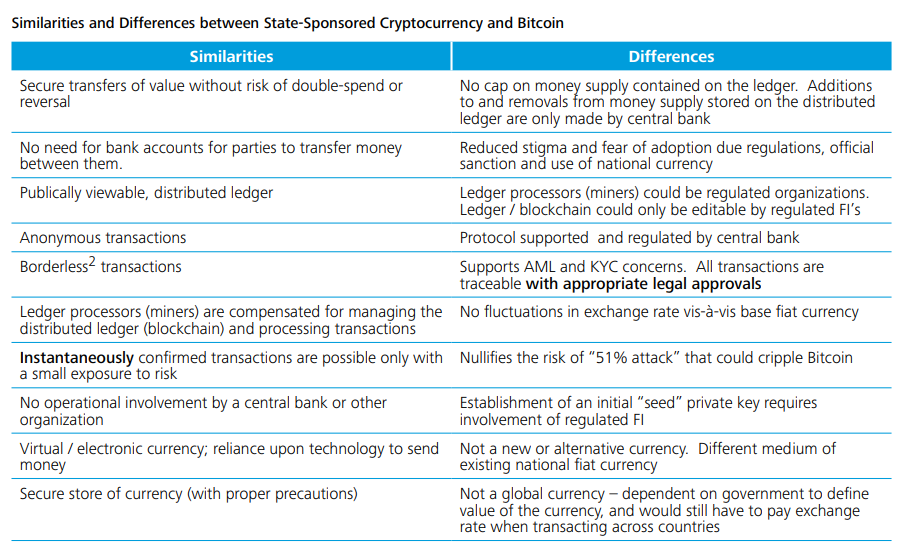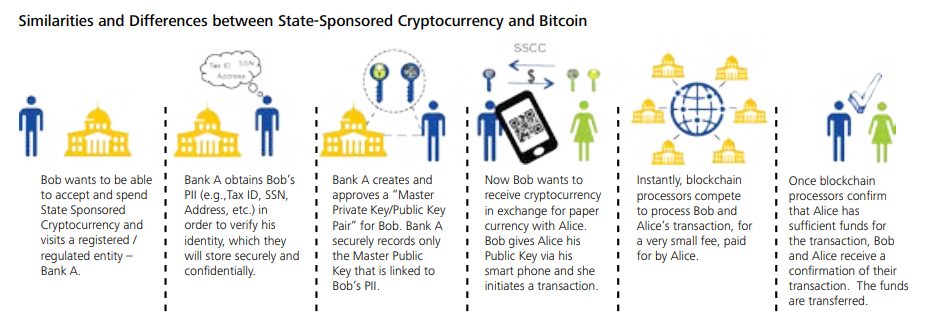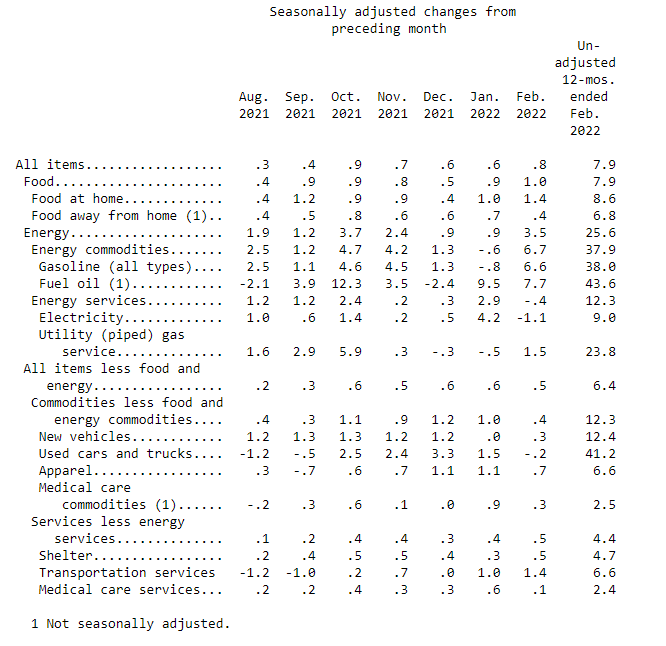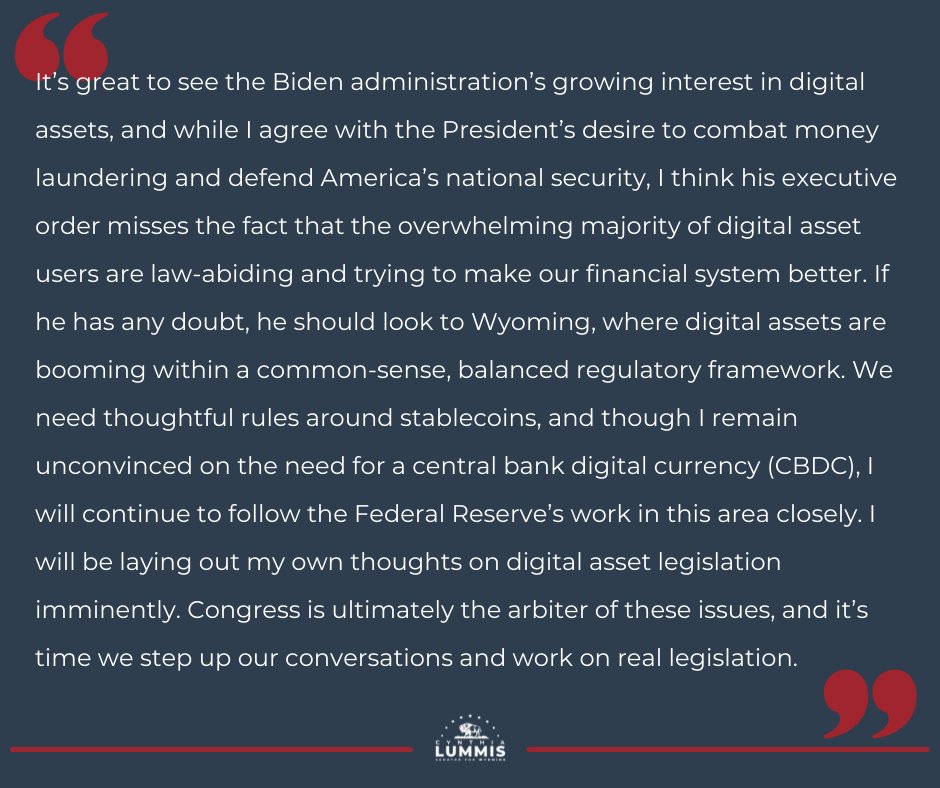Australia and New Zealand Banking Group Limited (ANZ) has concluded a historic transaction in which its newly created stablecoin pegged to the Aussie dollar has been used in a real world transaction:
A First for Australia
According to a press release, ANZ minted 30 million of A$DC using an ANZ-built Ethereum Virtual Machine (EVM)-compatible smart contract deployed through the Fireblocks platform. These coins were then transferred between the parties and later redeemed back into fiat.
ANZ worked closely with leading providers in the digital asset domain including Fireblocks, Chainalysis and OpenZeppelin to create an in-house purpose-built stablecoin smart contract.
The historic transaction was concluded between one of Australia’s best-known investment companies, the Victor Smorgon Group (VMG), and a digital asset fund manger, Zerocap. VMG wanted to invest A$30 million into Zerocap’s digital asset fund and turned to ANZ to streamline the process and reduce costs.
By using ANZ’s stablecoin, VMG managed to avoid the costly conversion of Aussie dollars into US dollars, before then buying USDC, which Zerocap uses to access cryptocurrency markets. Instead, using ANZ’s stablecoin (A$DC), it was able to buy digital assets directly, avoiding a host of friction costs in the process. In addition, the transaction took just over 10 minutes, compared to several days had the legacy financial system been used.
ANZ services lead Nigel Dobson commented that “an ANZ-issued Australian dollar stablecoin is a first and important step in enabling our customers to find a safe and secure gateway to the digital economy”.
We’re excited to continue to trial our capability and explore how this use case can be applied in other industries and customers in the future.
Nigel Dobson, ANZ services lead
Recognising the role that stablecoins play in creating efficiencies, Dobson commented further on the transaction:

Stablecoins are a new way for customers to transact and in this case was an efficient and direct way for Victor Smorgon Group to access Zerocap’s digital asset exchange and move funds across a decentralised network.
Nigel Dobson, ANZ
Zerocap co-founder and CEO Ryan McCall remarked on how his company had taken a different approach by focusing on serving institutional clients:

Most of the crypto industry has been focused on directly servicing the retail market, whereas we’ve invested from the outset in establishing the product, technology, compliance and team to properly service private and institutional clients.
Ryan McCall, Zerocap co-founder and CEO
He concluded on a bullish note, saying: “Digital assets are going mainstream; we’re thrilled to be at the forefront of driving adoption and bringing that vision to life.”
ANZ Making Bold Moves
One of the oft-repeated phrases in crypto is how Ernest Hemingway spoke of going bankrupt: “gradually, then suddenly”.
ANZ’s “gradually” moment was late last year, when it indicated that there was a “weight of money behind crypto that you can’t ignore“. No doubt this was in response to rival Commonwealth Bank’s move to become the first local bank to offer crypto trading services to its clients.
Arguably, ANZ’s “suddenly” moment came earlier this week at the Australian Blockchain Week 2022 when it announced its entrance into the world of DeFi (decentralised finance).
Coupled with its move creating its own stablecoin, it seems reasonable to conclude that ANZ has determined that in order to remain relevant in the rapidly evolving financial industry, embracing crypto is no longer optional, it’s a prerequisite.

